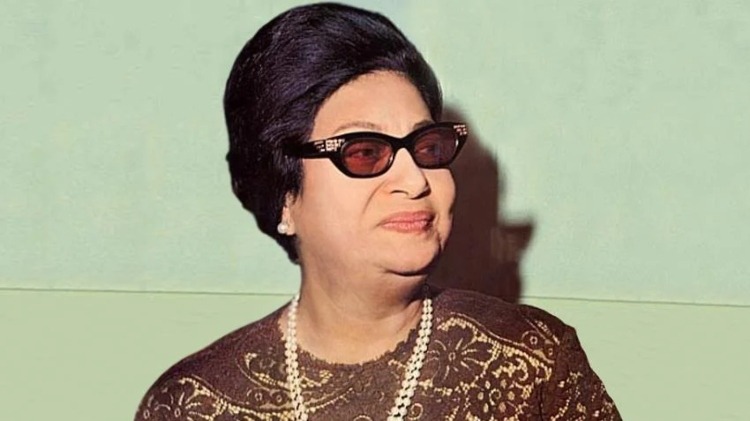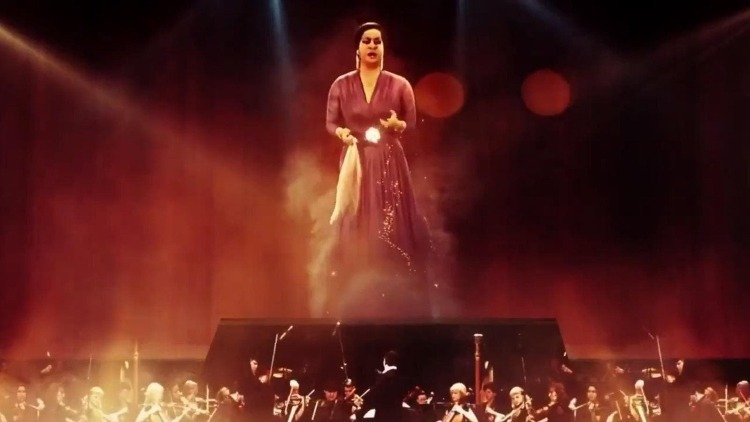Legends deserve to be celebrated, honored and cherished and that is exactly what happened with timeless Egyptian icon Umm Kulthum who made history as the only Arab to be included in the recently released Rolling Stones “200 Greatest Singers of All Time” list. Ranked 61st in the list, the iconic star’s name made it among not just Western musicians but also a global slew of artists including Indian singer Lata Mangeshkar, “it encompasses 100 years of pop music as an ongoing global conversation” said Rolling Stones.
The magazine made sure to clarify what the list entails as it is not simply a collection of singers with powerful vocal chops especially with many having “rougher, stranger or more delicate” voices, rather it’s about musical geniuses who transcended the norm, who exuded originality and amassed a relentless influence on a global scale. To Rolling Stones, these singers are on the list for one sole reason: “They can remake the world by opening their mouths.”
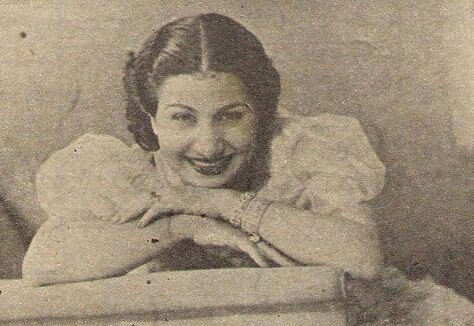
Kulthum not only remade the world every time she stepped on the stage; for decades, she represented the soul of the pan-Arab world. Unmatched to this day, she is unlike any other musician in existence, one that could not be boxed or categorized, even since her childhood. She was born back in 1904, raised by her father, an imam (someone who leads prayers in a mosque) and her mother in a household consumed by religious songs, ones that Kulthum would mimic and iterate.
At that time, she joined her family’s ensemble which was quite provocative as it was rare to have women perform publicly. Her father even made her dress as a boy to fool audience members and give her the freedom to perform with ease. Her voice was a bigger novelty, a potent contralto, the lowest type for a female and unlike any heard at that time and that is how she grabbed the attention of notable musicians who invited her to Cairo.
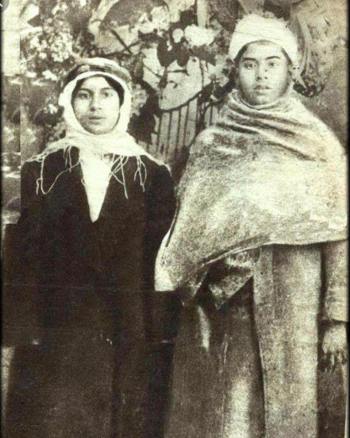
Arriving to Cairo, she continued to be a true example of strength, in both character and in her voice. Wherever she performed, she’d dominate a stage full of men without feeling intimidated or having her voice falter. Known for her low register, every one of her songs were layered and complex, interwoven with emotional vigor. The singer was known to perform to large audiences without a microphone and would improvise along the way; sometimes extending her songs to 45 and even 90 minutes, obliging to the crowd’s request of repeating her performance.
Beyond the stage, in the 30s, her voice boomed out from the crisp static of the radio. Eventually she became a staple part of radio culture as during the first Thursday of every month for 40 years, Kulthum’s live performances would be broadcast across the world on radio stations like Voice of Cairo. That Thursday night became a national event as on that day, the usually noisy and raucous streets of Cairo would become extremely quiet as families and friends would crowd around the radios at home or within cafes to hear her voice waft out. Some of her broadcast concerts would last as long as 6 hours but still, you would not find an empty seat.
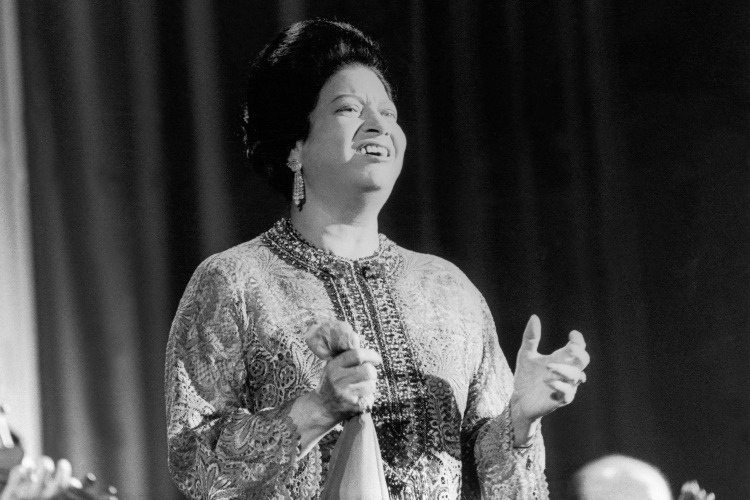
One of the reasons behind the powerful influence of her songs is their uncanny quality of generating a certain emotional state known to Arabs as tarab. Many liken it to being enchanted or in ecstasy, of being taken away by the emotional volume of the song. It would carry audiences on a journey, deep into the core of their feelings, to a space where they can sit and relish the complexity of human emotion.
Her influence was also noted by legends including Naguib Mahfouz who once said “She acted like a preacher who becomes inspired by his congregation… When he sees what reaches them he gives them more of it, he works it, he refines it, he embellishes it.” Her music wasn’t limited to those specific moments of listeners being engrossed with a particular song, it surpassed time, constantly evolving and changing depending on cultural and political shifts. She was the kind of artist who went from singing striking poetry in formal Arabic to performing popular songs in colloquial Arabic that gave people a lens into working-class conditions in the 1940s.
Today, her music speaks not just to Egyptians and Arabs at large but a bigger and wider global audience. Back in 1970, while at Marrakech, legendary musician Led Zeppelin’s Robert Plant was enthralled when he heard Um Kulthum’s voice “When I first heard the way she would dance down through the scale to land on a beautiful note that I couldn’t even imagine singing, it was huge: somebody had blown a hole in the wall of my understanding of vocals.” Bob Dylan called her “great” while Beyoncé allegedly used “Enta Omri” in her tour choreography during 2016.
To this day she remains ever-present in our lives even appearing as a hologram in concerts across the region. There were even musicals made to retell her story to the world. When it comes to Egypt, it doesn’t matter where you are in Cairo; whether on a taxi ride, chilling at a coffee shop, or browsing through a bookstore, you’ll hear her voice pulsing out of the speakers, reminding you that she will continue to be a timeless legend, her voice disembodied and forever present.


